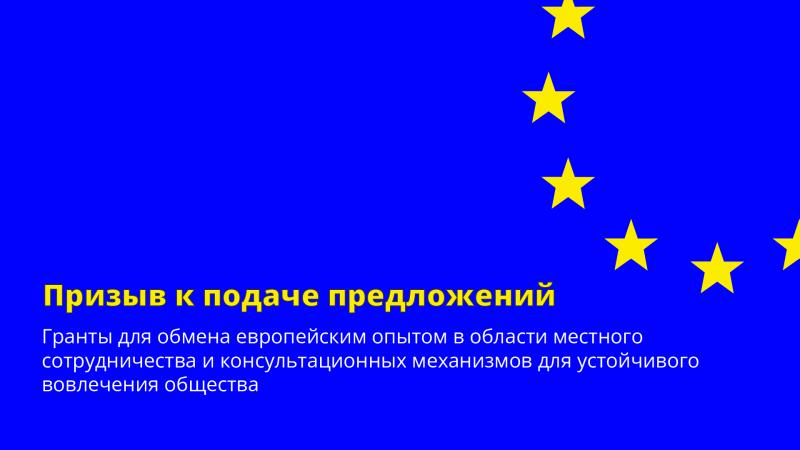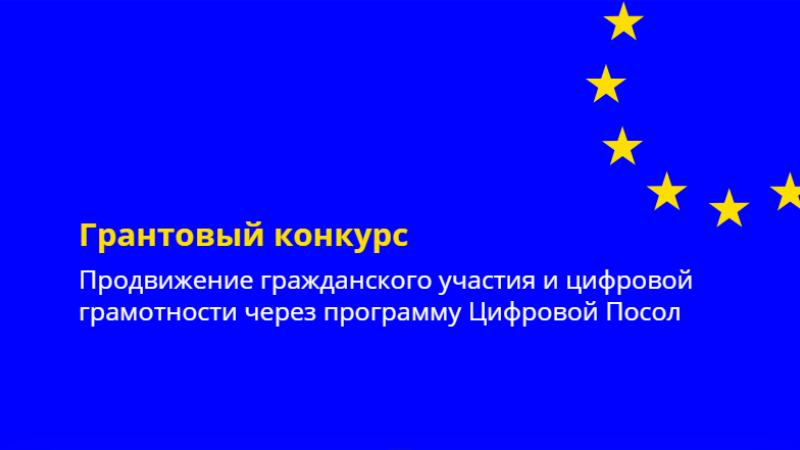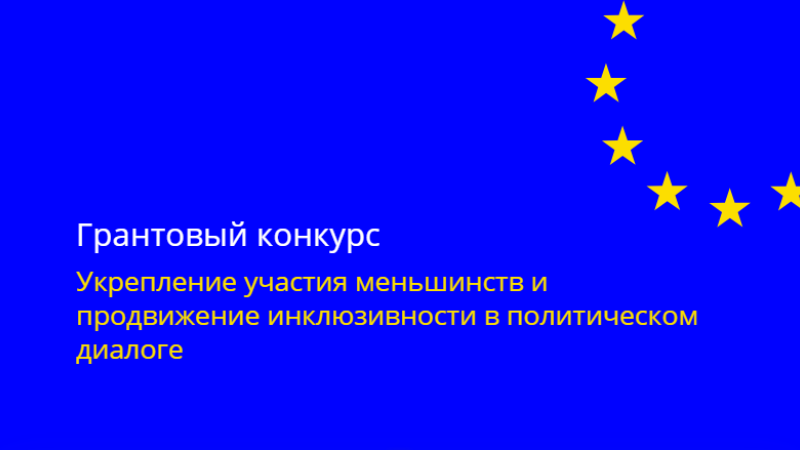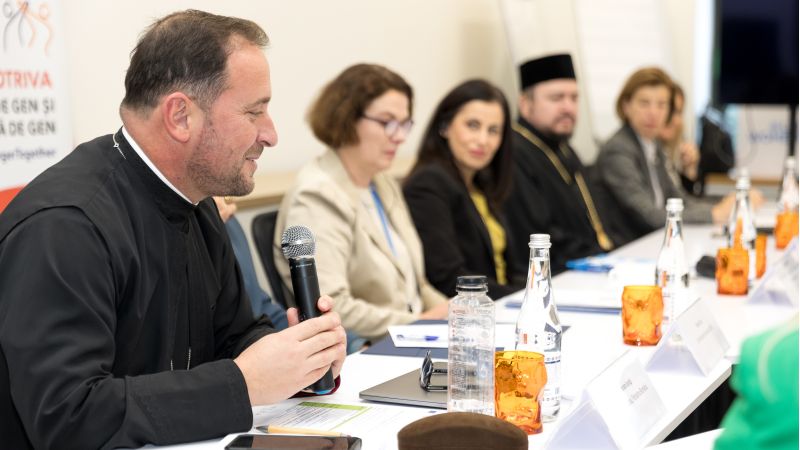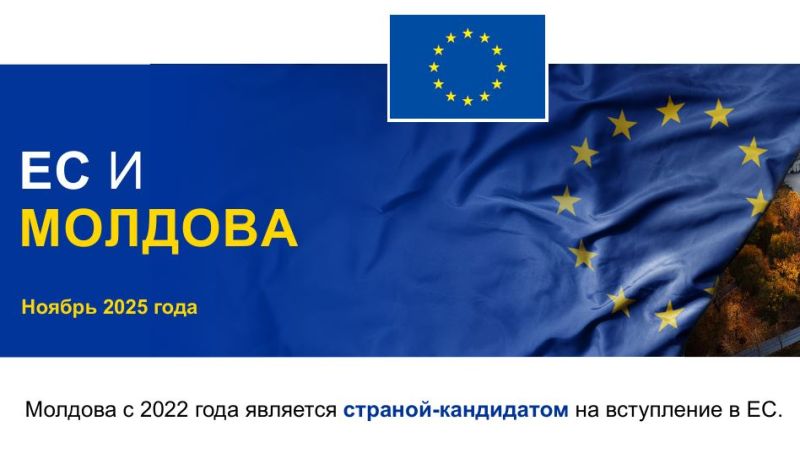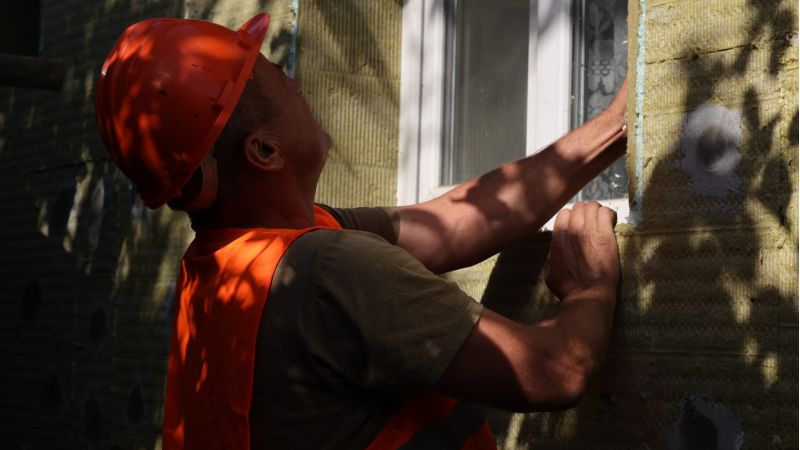
Молдова является лидером в сфере климатической деятельности в рамках флагманской инициативы #EU4Climate
Moldova dares to lead the way in climate action, even being severely affected by global warming. The ambition is to transform this challenge into an opportunity for development. The Republic of Moldova has recently become the fourth country in the world to present its second National Determined Contribution (NDC), developed with the support of EU and UNDP. Both multilateral organizations have pledged to help countries meet the Paris Agreement commitments – a €100 billion European Green Deal and UNDP Climate Promise, among others. After the lockdown caused by the COVID-19 pandemic, we have the opportunity to relaunch economies towards low-emissions basis.
The Paris Agreement signed in 2015 is the main international climate agreement, by which the countries of the world have committed themselves to keep the global temperature rise this century well below 2 degrees Celsius above pre-industrial levels while pursuing efforts to limit it to 1.5°C. The instruments through which the countries establish their contribution by detailing the actions towards the achievement of this objective are the National Determined Contributions or NDCs. The countries signatories to the Paris Agreement were to submit the first NDCs (NDC1) by the end of September 2015, and then update them every five years until 2030, and 2020 is the year in which the updated National Determined Contributions (NDC2) will be presented.
The Republic of Moldova is among the first countries to submit its updated National Determined Contribution (NDC2), with increased ambition, to the Secretariat of the UN Framework Convention on Climate Change (UNFCCC), surpassed only by the Marshall Islands, Suriname and Norway. The document was developed with the support of the EU4Climate Regional Project, funded by the European Union and implemented by the United Nations Development Programme.
In its NDC1, Moldova has already committed to reduce unconditionally GHG emissions up to 67% compared to 1990 and in this second version the ambition has increased to 70% unconditionally or even 88% if the country will have access to technologies and financial resources at low costs. The availability of funding is essential, as the need for investment in climate change mitigation and adaptation measures is estimated at about $5 billion by 2030 or $500 million per year. Although the amount seems huge for an economy with a GDP of only $12 billion, the costs of inaction will be certainly much higher.
NDC2 estimates the losses caused by global warming and the extreme weather events associated with it at $1.3 billion annually by 2050, if the climate change mitigation and adaptation measures will not be taken. According to a World Bank estimate, Moldova is the most vulnerable country in Europe to climate change.
Sectoral efforts should be complemented by cross-cutting priorities, and these are listed in the NDC2:
- Policies execution, increase of knowledge and capacity development;
- Improving climate information;
- Integrated disaster risk management;
- Adapting to climate change at the community level;
- Adoption and technologies transfer;
- Financing adaptation to climate change;
- Involvement of the private sector in building resilience to climate change;
- Gender issues.
After Moldova, three other countries have presented the updated NDCs, together having a share of 2.9% of total global greenhouse gas emissions. 106 countries, representing 15% of global emissions, have announced that they will increase their ambition in the updated NDC, and 33 that they will revise the NDC1, including the European Union.
For more information, please access here: https://www.md.undp.org/content/moldova/en/home/blog/2020/moldova-leads-the-way-in-climate-action—as-part-of-flagship—eu.html
